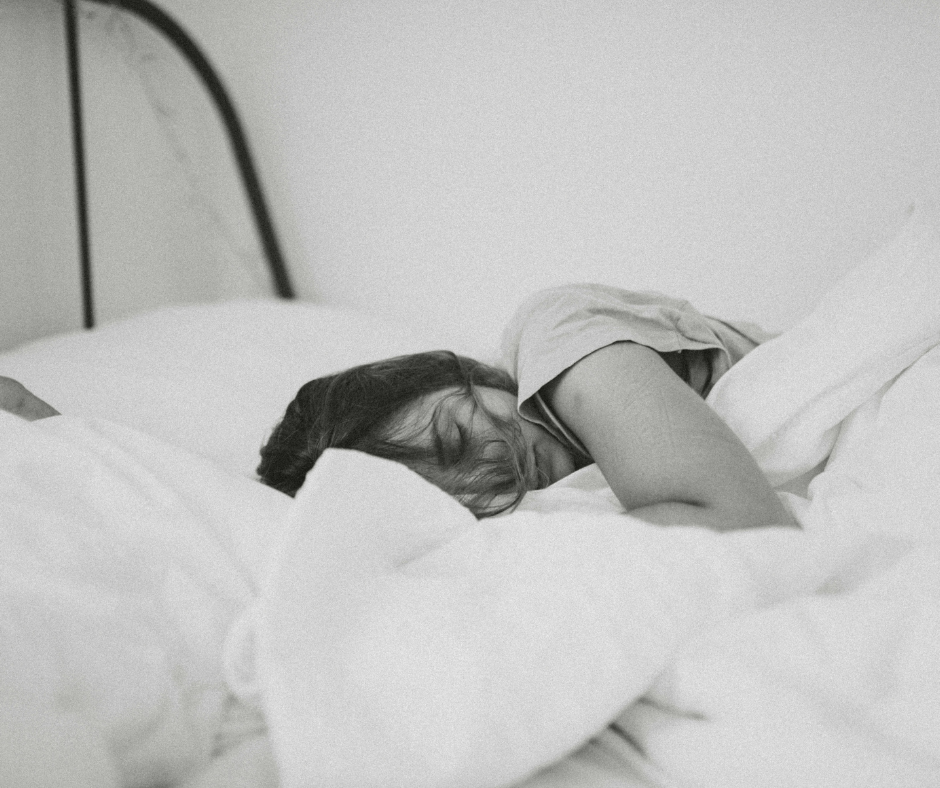There Is No Drug, Training, or Food You Can Eat That Will Impact Performance More Than Sleep
There Is No Drug, Training, or Food You Can Eat That Will Impact Performance More Than Sleep. Our youth athletes are quitting sports in record numbers. Seventy percent of all kids in the United States quit sports by age 13. Soft tissue repair surgeries have ballooned to a 17-billion-dollar industry, and the main culprit is our overworked youth athletes. The American Academy of Child and Adolescent Psychiatry has declared a “national emergency” on children’s mental health. One main culprit parents can help with is lack of sleep.
How Fuel Your Athlete For Success
WHY IT MATTERS
Without good sleep, it’s nearly impossible to have a positive outcome in any other area. Researchers from the University of Texas Health Science Center in Houston found that teens who don’t get enough sleep are four times as likely to develop major depressive disorders than their peers who do get enough sleep, and current studies show that between 60 and 70% of American teens are mild to severely sleep-deprived.
THE EFFECT OF SLEEP ON INJURY PREVENTION
Whether an adolescent gets enough sleep is the strongest single predictor of whether he or she will get injured playing sports – it has more of an influence than hours of practice, number of sports played, strength training regimens, gender, or coaching styles. The majority of muscle repair and growth occurs during sleep when hormones are released. Athletes who sleep on average less than 8 hours per night experience 68% more sports injuries than students who sleep for 8 or more hours. Sleep is all about repair, both mental and physical. The quality and the amount of sleep, to a great extent, determine the effectiveness of recovery. Simply put, when an athlete doesn’t get enough sleep, they are more prone to injury and illness. Testosterone and growth hormone drop so significantly with sleep loss that not only is there a negative effect on tissue healing and recovery, but research indicates that without enough sleep, a day’s training causes muscular atrophy, thereby making an athlete weaker rather than stronger.
THE EFFECT OF SLEEP ON PERFORMANCE
Sleep has the most potential for a positive impact on athletic performance, more than training modifications, coaching, nutrition, or conditioning. Scientists have labeled it “the most potent performance-enhancing activity that we know of.” In other words, there’s nothing that you can do, there’s no drug, there’s no routine, and there’s no food you can eat that’s going to have a bigger impact on your performance scientifically than the sleep you get at night. Sleeping 6 hours or less each night can lead to an 18% reduction in reaction time, and an all-nighter can reduce reaction times by 300%! Whereas adequate sleep (8+ hours) results in fewer mental errors and extended playing careers. A study using the Stanford men’s basketball team revealed that sleep has a direct correlation to shot accuracy and sprint speed.
HOW DO WE HELP OUR ATHLETES GET MORE SLEEP
- Learn the 4,7,8 method. If your athlete has trouble getting to sleep or staying asleep, many experts recommend 4,7,8 breathing. Breathe in for four seconds, hold it for seven, and then release it for eight seconds. Read more about this technique here.
- View sunlight first thing in the morning. Do this not through a window but actually by going outside. Even if it’s overcast, this will wake up the nervous system.
- Avoid bright lights between the hours of 11 pm-4 am. Don’t use overhead lights or have direct light of any sort.
- Use blue light or computer/device light only in the daytime. If you must use screens after dark, then dim the screens. It only takes a little bit of blue light to inhibit melatonin and make sleep more difficult.
- View the sunset. This gives your body and nervous system a cue to ready themselves for sleep.
- Blast light in your kids’ eyes. It sounds cruel, but it really works if you are trying to get your kid on a better sleeping schedule. For 1-2 minutes in the morning, turn on the overhead lights in their rooms. You don’t even need to wake them up. This will help shift them get to bed earlier and wake up earlier.
(Most of these tips came from Scientist Dr. Andrew Huberman, from the Department of Neurobiology and Opthalmology at Stanford University School Of Medicine)
FINDING THE TIME TO SLEEP
This all sounds great, but how do we solve one of the MOST difficult problems with sleep, TIME? There doesn’t seem to be enough time in a day for busy student-athletes to get 8-hours of sleep a night. The juggling act of balancing school and sports is no easy task, and sleep is typically one of the first things to go. Oftentimes, particularly for the multi-sport athlete, the time they should be going to bed, they are just starting their homework. Never mind trying to fit in chores, family dinners, or relaxing. We get you. There is no magic fix here. It’s simply making it a priority. That could mean quitting a secondary sport, not overburdening children with a stressful academic load, limiting the phone/gaming/TV, or a combination of all of the above. But part of being a parent is helping your children make hard choices, and making sleep a top priority is not a suggestion. It is a MUST-DO for our young athletes.
A FEW MORE RESOURCES ON SLEEP
-Podcast with Sleep Expert Amy Bender
In summary, our kids are struggling. They are stressed, depressed, burned out, injured, and quitting sports in record numbers. But the good news is that there ARE real ways we can help keep them safe and happy. SLEEP is at the top of that list, but there are other important ways to ensure our athletes are healthy and successful.
